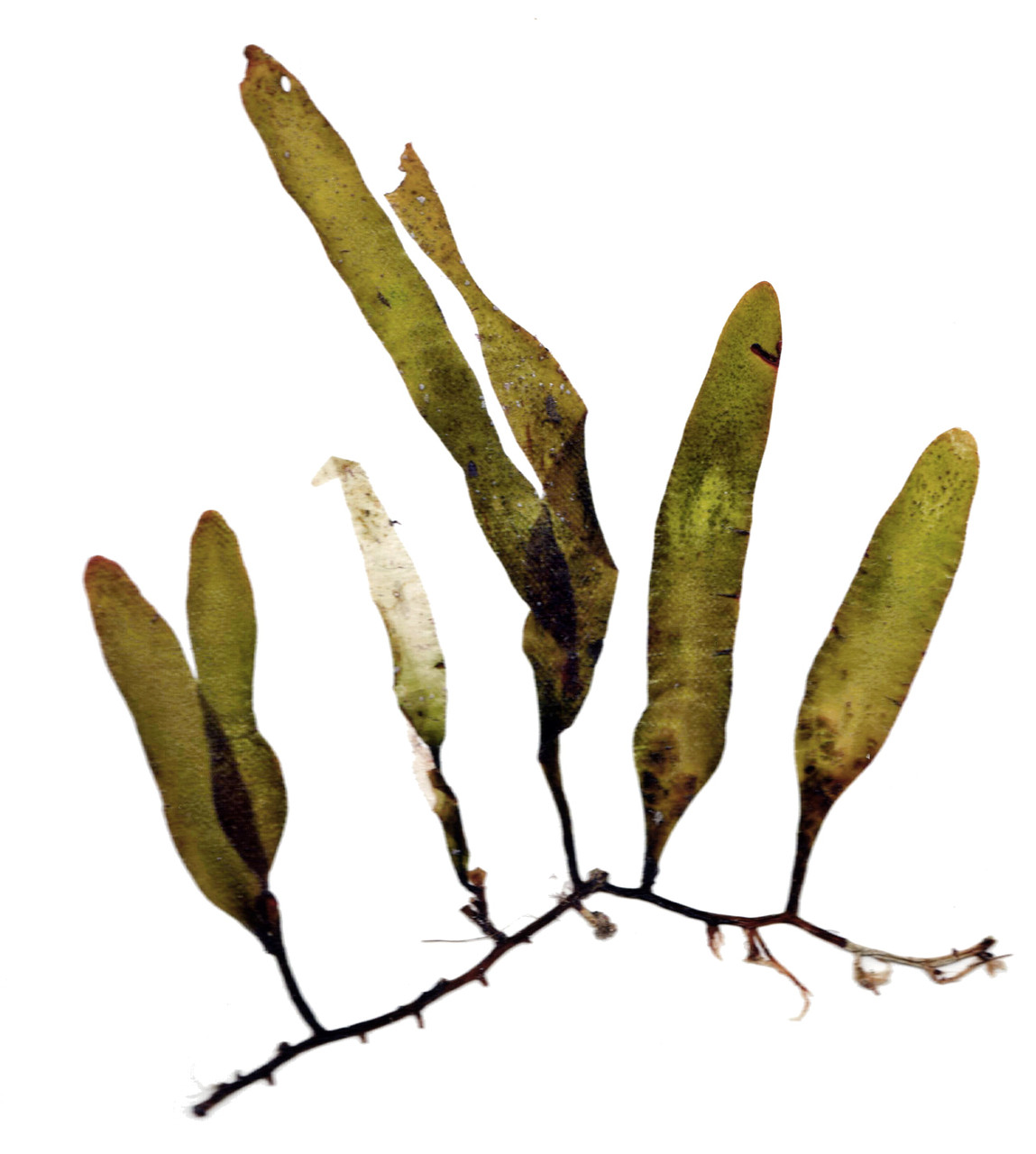Revisited: Protecting Native Ecosystems from Caulerpa


Help Prevent Introductions of Caulerpa to Native Ecosystems
A number of species of Caulerpa algae are known to be invasive and have the potential to become established in non-native environments. It is important for marine aquarium hobbyists and industry operators to understand the issues and laws concerning Caulerpa algae. Accidental introductions of this algae to local marine waters can provide an opportunity for the establishment of an exotic invasive species. The most infamous incident concerning this algae was the introduction and establishment of Caulerpa taxifolia in the Mediterranean Sea. Another introduction was subsequently controlled in the waters off San Diego, California.
For many years, aquarists have maintained and propagated Caulerpa algae for its beautiful appearance and its ability to act as a biological filter. Regular harvesting of the algae growth is both necessary and beneficial as a method of exporting accumulated nutrients and metals from the aquarium. But disposing of living Caulerpa algae plants or fragments presents a problem for some aquarists. Those who are located near coastal areas should kill Caulerpa algae by freezing for at least 24 hours before disposal. Under no circumstances should living Caulerpa algae be disposed of in any natural waterway, storm drain, toilet or sink.
There are now a number of Federal and State laws concerning Caulerpa algae trade in the USA. These laws place restrictions on the trade and transport of certain species into and within the country. As a consequence of California law, Quality Marine is prevented from engaging in the trade of many different Caulerpa spp.

An outreach program sponsored by various government and non-government agencies is designed to educate consumers about the concerns and solutions related to Caulerpa algae as an invasive species. Much information is available at their website, Caulerpa: Don't Release A Pest!
All marine aquarists should seek information to familiarize themselves and others with the important issues of potentially invasive species. Special attention should be given to the proper disposal of Caulerpa algae. We all share certain responsibilities that come with the opportunity to keep exotic marine organisms.
photos courtesy of Robert Fenner